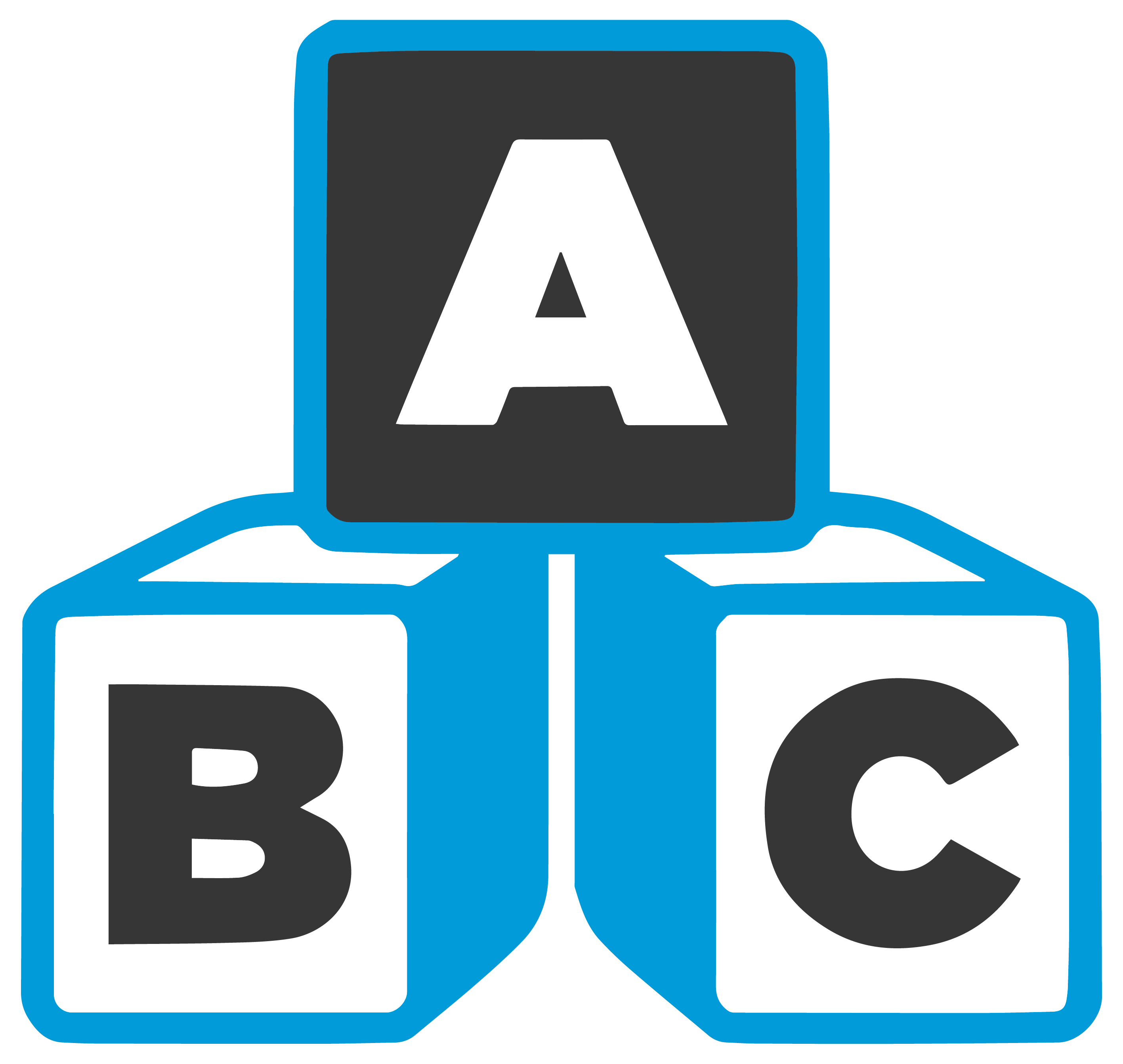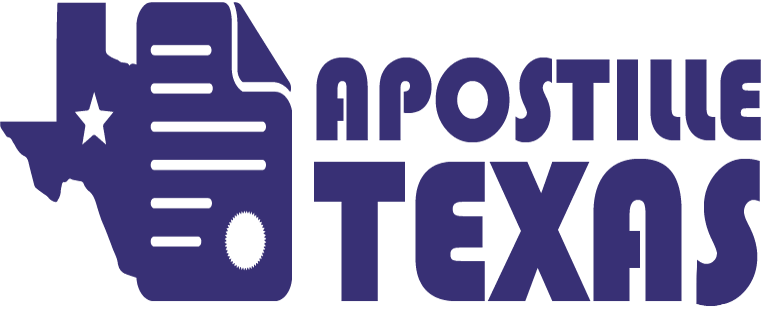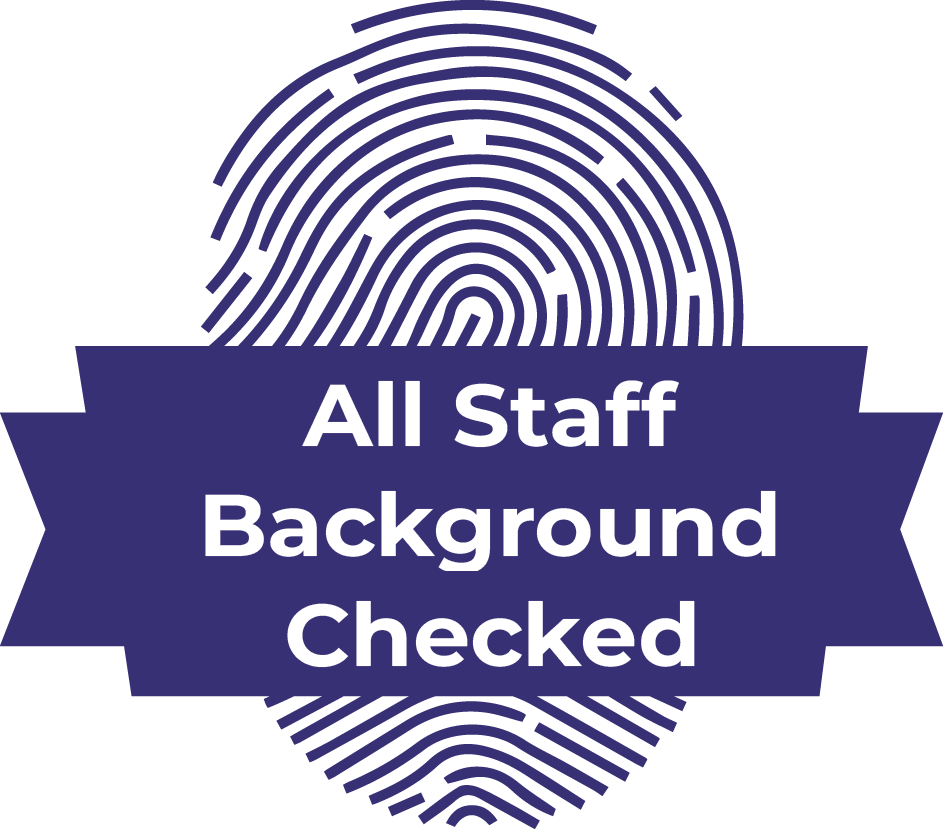
Doing Business As (DBA)

A written document which leaves the estate of the person who signed the will to named persons or entities (beneficiaries, legatees, divisees) including portions or percentages of the estate, specific gifts, creation of trusts for management and future distribution of all or a portion of the estate (a testamentary trust). a will usually names an executor (and possibly substitute executors) to manage the estate, states the authority and obligations of the executor in the management and distribution of the estate, sometimes gives funeral and/or burial instructions, nominates guardians of minor children and spells out other terms. to be valid the will must be signed by the person who made it (testator), be dated (but an incorrect date will not invalidate the will) and witnessed by two people (except in vermont which requires three). in some states the witnesses must be disinterested, or in some states, a gift to a witness is void, but the will is valid. a will totally in the handwriting of the testator, signed and dated (a “holographic will”) but without witnesses, is valid in many, but not all, states. if the will (also called a last will and testament) is still in force at the time of the death of the testator (will writer), and there is a substantial estate and/or real estate, then the will must be probated (approved by the court, managed and distributed by the executor under court supervision). if there is no executor named or the executor is dead or unable or unwilling to serve, an administrator (“with will annexed”) will be appointed by the court. a written amendment or addition to a will is called a “codicil” and must be signed, dated and witnessed just as is a will, and must refer to the original will it amends. if there is no estate, including the situation in which the assets have all been placed in a trust, then the will need not be probated.

































































